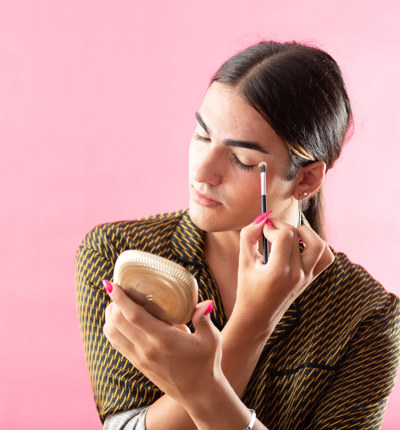
Our beauty routines post-Brexit: Will anything really change?
Tina Patel from the product safety and consumer law team discusses the possible effects of Brexit on cosmetics regulations in the UK
Posted on 16 October 2019
Although it is safe to say that skincare and cosmetic products are part of our daily routines, it is becoming increasingly common to say that Brexit is becoming part of our everyday routine as well. From scrolling through the news in the morning to overhearing discussions from a fellow commuter, the frequency of applying our morning face cream and hearing about Brexit is not that far apart.
What are the current regulations for cosmetics in the UK?
Naturally, we assume that beauty products which end up as part of our daily routines are controlled by stringent rules and regulations to ensure they are safe to use. Indeed, these are to be found in the EU Regulation of Cosmetic Products. Simply put, in the main, the Regulation ensures the following:
-
The allocation of ‘responsible persons’. This means that any product placed on the market will be the responsibility of a ‘legal or natural person’ who is in charge of making sure that the product abides by the safety guidelines noted in the regulation;
-
The legislation puts forward safety criteria which ensure that the product is safe to use before it is put on the market;
-
The notification of ‘serious undesirable effects’. If a product appears to produce adverse effects, the allocated ‘responsible person’ has an obligation to report this.
Effectively, the EU provides a framework for consumers to ensure that their everyday skin care and beauty routine products are being carefully monitored before they reach the shelves of retailers and to closely monitor their safety once on the market.
The Regulation put forward by the EU is expansive; for instance, the EU has banned over 1,200 chemicals due to the safety risks that they pose. The Regulation imposes strict labelling rules that are checked before any product circulates the market. A benefit of having a European-wide Regulation is therefore immediately apparent. Many cosmetic products are imported or manufactured in other European states, meaning that centralised regulation ensures consumers of the safety and quality of the products regardless of where they are produced.
Surely, then, there is domestic law other than EU adopted law that can protect consumers? The regulation of products before they circulate the market is primarily dominated by EU regulation. So although UK law is great, arguably, for redressing the injured consumer, it does very little in preventing that injury from actually happening.
What does this mean for consumers of cosmetic products post-Brexit?
In short, there is no need to start stockpiling cosmetic products.
A brief skim through the Common's Briefing and prospective legislation directs us to the fact that nothing will really be changing, at least any time soon. The Government would want to avoid what they’ve labelled as a ‘black hole in our statute book’ and this will be achieved by maintaining and converting EU law into UK law in a bid to avoid the disruptions and challenges that would lie ahead should EU laws cease to apply post 31 October 2019. But, as the Common’s Briefing states, it is hard to predict what future UK-EU relations will look like with regards to consumer law.
In draft legislation produced in 2017, the government has ensured that consumer protection will still be as robust as it was under the control of EU law, to ensure a smooth withdrawal from the EU.
So should cosmetics consumers be worried at all?
In effect, the only real worry is that any EU regulatory bodies will stop being effective in the UK meaning that safety checks that were governed under these bodies will no longer be applicable. This means that the UK would have to set up similar regulatory bodies that would constantly check that products are within the safety parameters required, backed by clinical empirical support, before they circulate the UK market and end up being part of our everyday beauty routines.
Nevertheless, as mentioned above, subject to the ‘European Union Withdrawal Act’, EU law that had been passed prior to Brexit will still be effective. Of course, this is all speculation as no one really knows the withdrawal terms, meaning that the future state of consumer law is still left in the dark.

